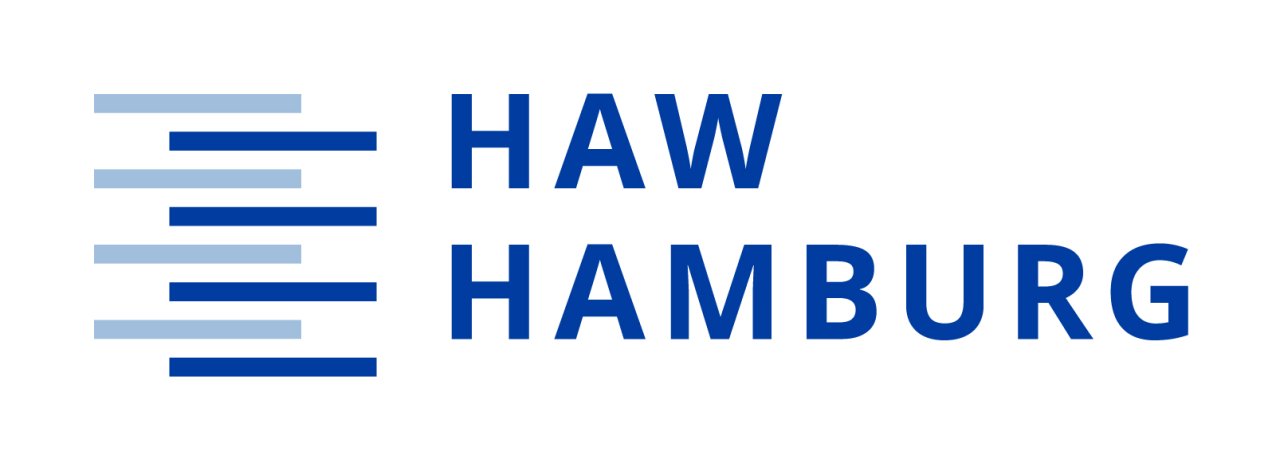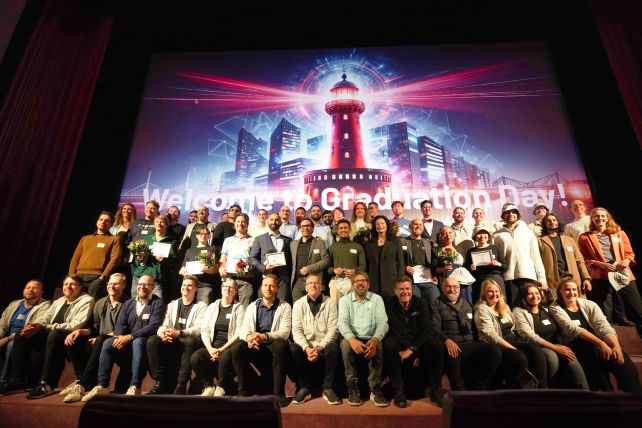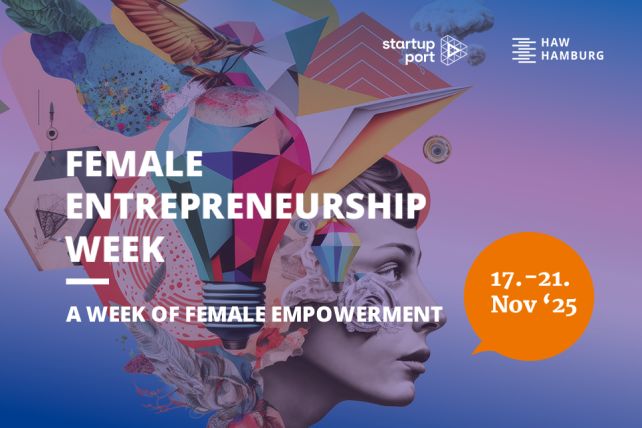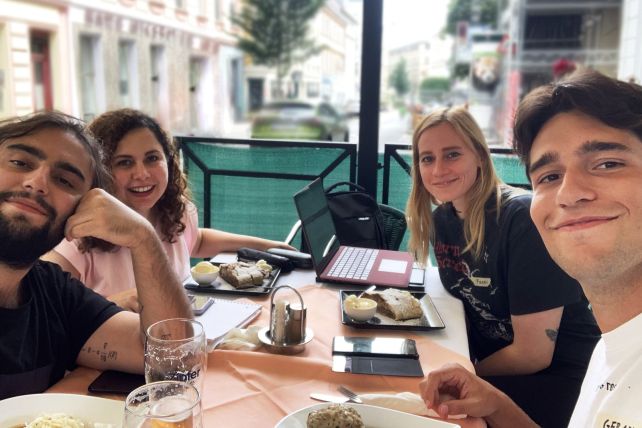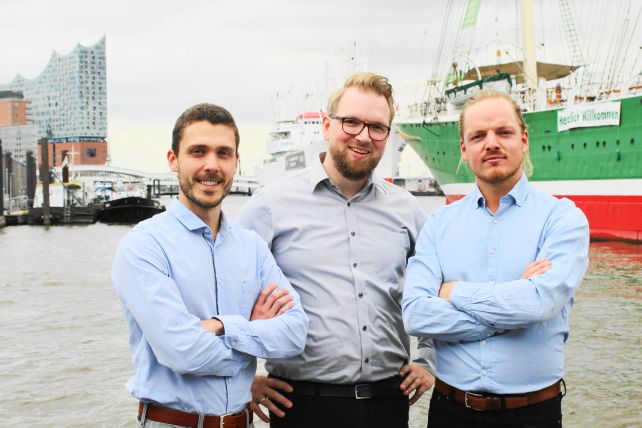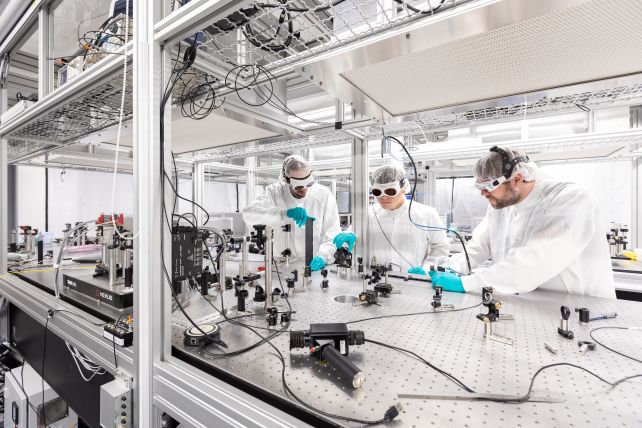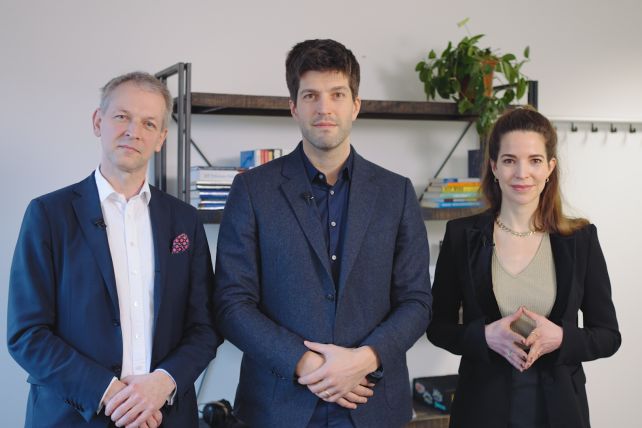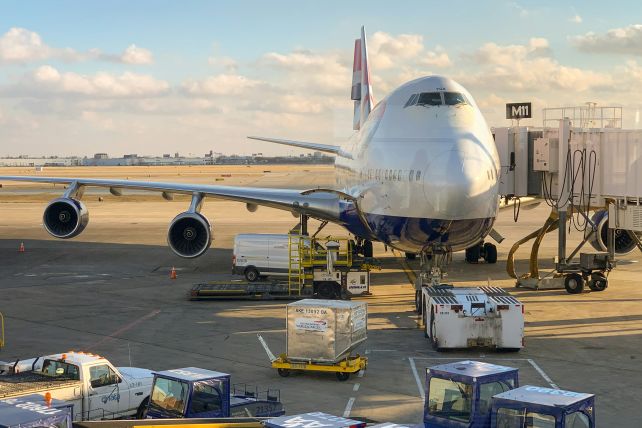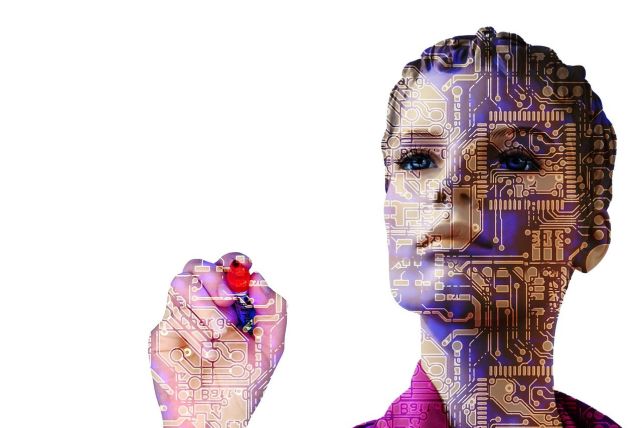Foviatech combines AI with revolutionary material
Research and development with artificial intelligence is in vogue, and high-tech innovations in materials have also long been driven by startups. But both together? The Hamburg-based startup Foviatech has achieved an outstanding position by combining AI software with physics and chemistry.
"The hybrid product strategy is a key unique selling point and forms the backbone of the company's innovation," states founder Sowmya Thyagarajan. The material with which Foviatech offers pioneering applications for many industrial sectors is graphene. This is a type of carbon with almost miraculous properties, particularly conductive for electricity and heat and at the same time exceptionally hard and flexible. The material is also practically transparent, as two-dimensional graphene consists of just one layer of carbon atoms, which form a honeycomb-shaped pattern when connected. "AI and 2D materials are the key technologies chosen to bridge the gap in transforming products from user-dependent to self-interacting," Thyagarajan explains her vision.
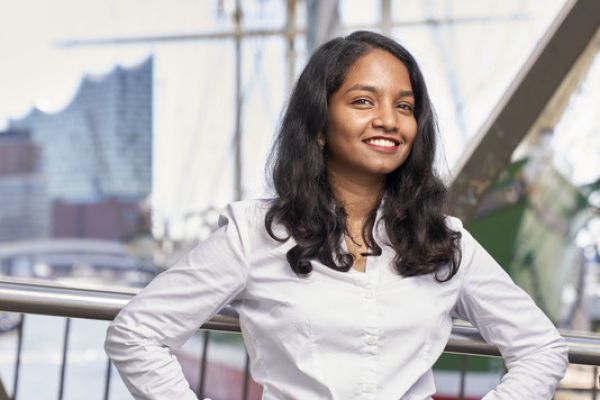
From India to Hamburg
The Indian-born founder studied aviation technology and first came to Hamburg in 2014 for a three-month internship at University of Applied Sciences (HAW). She returned to the Hanseatic city in early 2016 and worked as a researcher at the German Aerospace Centre (DLR) for two and a half years. In May 2018, she became self-employed with Foviatech and brought robotics expert Chandrakant Bothe onto the team as a co-founder, which has now grown to eight people in Hamburg. Foviatech also has five employees in India and one in Ireland.
Thyagarajan is not only committed as an entrepreneur, but also to the rights and opportunities of women in business. She is President of the German Chapter of the Women's Indian Chamber of Commerce and Industry (WICCI). "I also lead an NGO platform that focuses on women's empowerment, a bilateral WICCI/Germany-India platform, to ensure that those who don't have a voice are heard," she reports.
As a globally networked player, Thyagarajan is therefore at home anywhere in the world. But the Hanseatic city on the Elbe convinced her like no other location for her young company.


Global market opportunities attract investors
The combination of Germany and India increases the chances of a successful leap into the global high-tech industry market. "Currently, Foviatech is growing and has started expanding into Asia Pacific (APAC), Europe, Middle East, Asia (EMEA) and the US defence market,’ Thyagarajan concludes. ‘We will start the Series A financing round with ten million euros from June 2025."
Foviatech was already able to convince investors with the seed financing, raising 1.4 million euros. A total of 15 investors are now on board who are convinced of the company's continued success. They include private equity managers, business angels, strategic partners and micro venture capital investors. During the coronavirus crisis, Foviatech received an investment grant of 40,000 euros from the Hamburg Investment and Development Bank (IFB).

Comfort seats and a platform for quality control
Two-dimensional carbon films and artificial intelligence are new categories that often still stretch the human imagination. The technology for comfort seats in vehicles developed by Foviatech is something you can actually feel and touch. By using a nano airbag, the seat surface and backrest can be flexibly and precisely adapted automatically to the posture of the occupants. "The system enables the sensor, in which the graphene technology is printed layer by layer, to collect biometric data such as temperature and humidity aspects of the user," explains Thyagarajan. "Our AI algorithms and the interface between the sensor and the nano airbag mechanism are new and not yet available on the current market." However, the applications are manifold. The smart AI seats can be used in the automotive industry, for two-wheelers, e-bikes, in aeroplanes, space vehicles or even in the healthcare sector.
Foviatech has also developed the AI-controlled digital twin platform FOVIAR. It can be used to carry out quality assurance processes such as QA/QC inspections semi-automatically. QA stands for process-orientated and QC for product-orientated quality control. Industrial image processing technologies are used to quickly assess production or maintenance accuracy, damage tolerance and defect detection. In the transport industry, it is used for production, assembly/final assembly and MRO (maintenance, repair, overhaul). "Self-interactive intelligent machines and products are a key factor in customer satisfaction and making life easier," emphasises the founder.

Technology of the future with high potential
This special segment, in which the chemical structures of graphene are combined with the digital world of artificial intelligence, still offers a lot of potential for the future. Not only is AI new and as yet in the early stages of development, but the technical application of graphene molecules is also still in the starting blocks.
The special properties of graphene have long been a mystery to researchers. They were discovered back in 1947, but experts considered the existence of such a substance to be impossible for physical reasons. Only since 2010 has research succeeded in explaining the stability of the two-dimensional atomic layer. Governments and industry are now waiting for the discovery to be realised commercially. The EU has been funding research and development since 2013.
The Fraunhofer Institute is already observing continuous growth in global trade with graphene. In 2022, global sales are estimated to amount to 380 million US dollars. Annual growth of 20 to 30 per cent is forecast. For Foviatech, this offers the best opportunities and a new field for Hamburg to develop a technology of the future.


